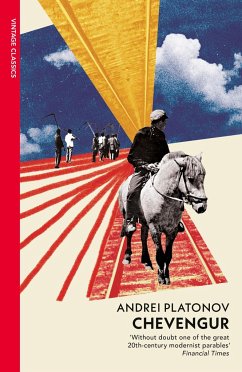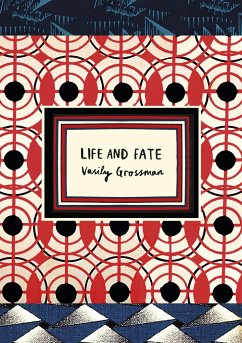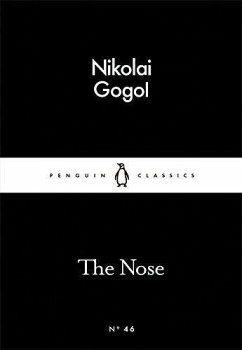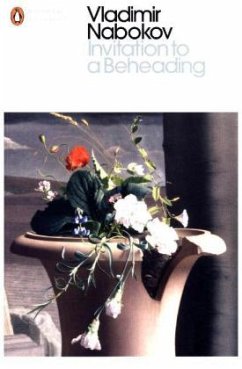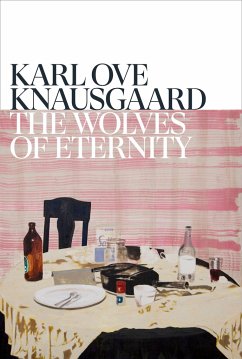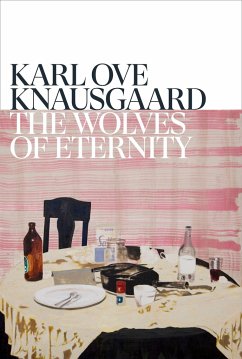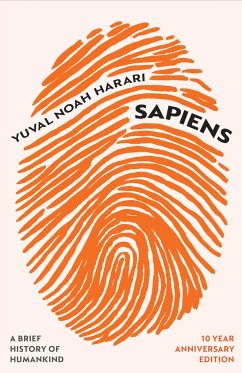
Chevengur
Versandkostenfrei!
Versandfertig in 2-4 Wochen
33,99 €
inkl. MwSt.
Weitere Ausgaben:

PAYBACK Punkte
17 °P sammeln!
'Platonov is an extraordinary writer, perhaps the most brilliant Russian writer of the twentieth century' New York Review of BooksThe Soviet Don Quixote, Chevengur is now seen by many Russian writers as Russia's greatest novel of the last century. This is the first English version to convey its subtlety and depth. Zakhar Pavlovich comes from a world of traditional crafts to work as a train mechanic, motivated by his belief in the transformative power of industry. His adopted son, Sasha Dvanov, embraces revolution, which will transform everything: the words we speak and the lives we live, souls...
'Platonov is an extraordinary writer, perhaps the most brilliant Russian writer of the twentieth century' New York Review of BooksThe Soviet Don Quixote, Chevengur is now seen by many Russian writers as Russia's greatest novel of the last century. This is the first English version to convey its subtlety and depth. Zakhar Pavlovich comes from a world of traditional crafts to work as a train mechanic, motivated by his belief in the transformative power of industry. His adopted son, Sasha Dvanov, embraces revolution, which will transform everything: the words we speak and the lives we live, souls and bodies, the soil underfoot and the sun overhead. Seeking communism, Dvanov joins up with Stepan Kopionkin, a warrior for the cause whose steed is the fearsome cart horse Strength of the Proletariat. Together they cross the steppe, meeting counter-revolutionaries, desperados and visionaries of all kinds. At last they reach the isolated town of Chevengur. There communism is believed to have been achieved because everything that is not communism has been eliminated. And yet even in Chevengur the revolution recedes from sight. Comic, ironic, grotesque, disturbingly poetic in its use of language and profoundly sorrowful, Chevengur is a revolutionary novel about revolutionary ardour and despair. Unpublished during Andrey Platonov's life, it is now one of the most celebrated Russian novels, and the most ambitious and moving of Platonov's recreations of a world undergoing revolutionary transformation. 'It was from the novel Chevengur that I learned to create "literary worlds". Platonov is a self-taught literary jeweller, a true believer who built dystopias. His love for his characters is instantly conveyed to readers' Andrey KurkovTranslated by Robert Chandler and Elizabeth Chandler




